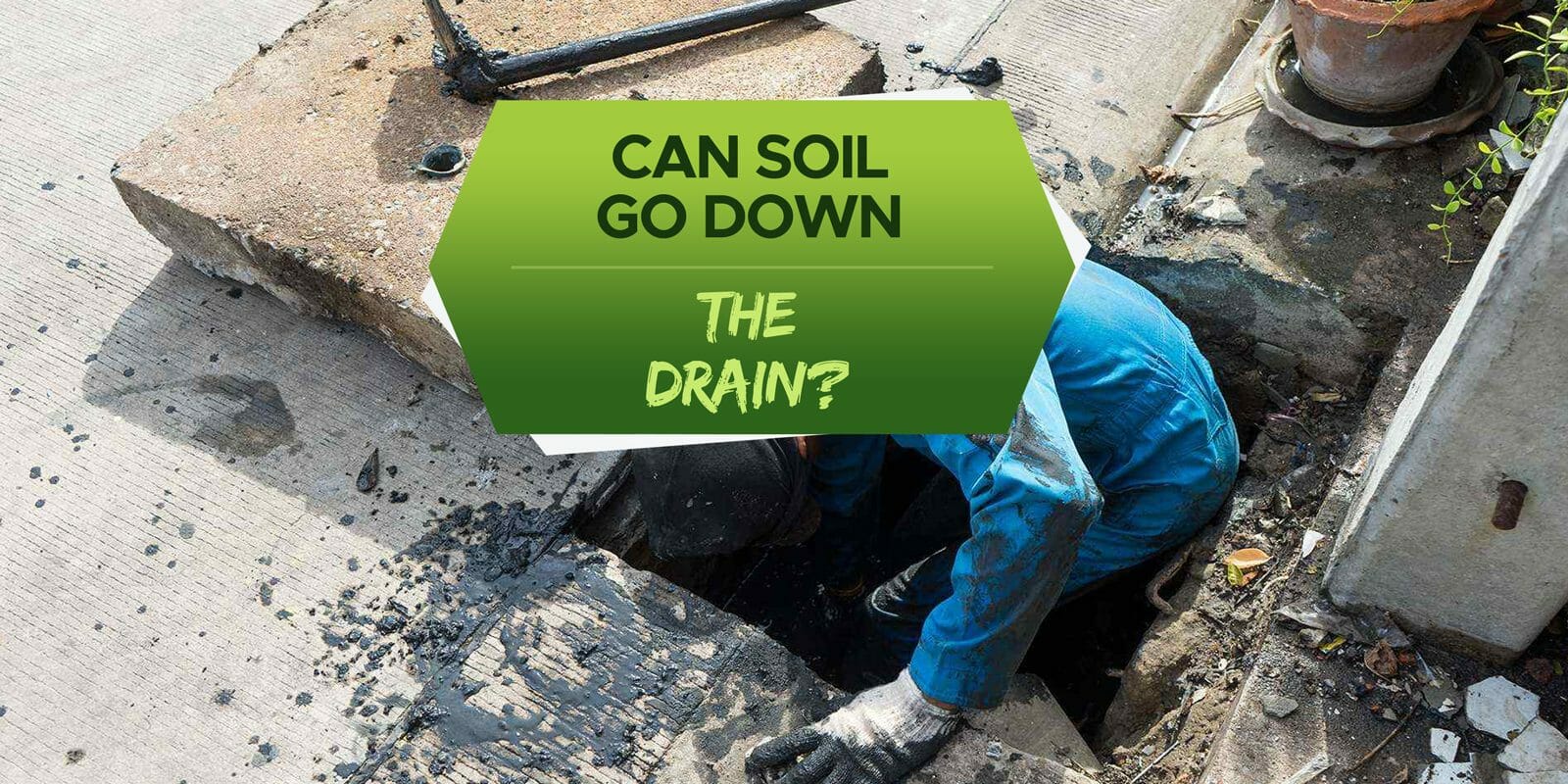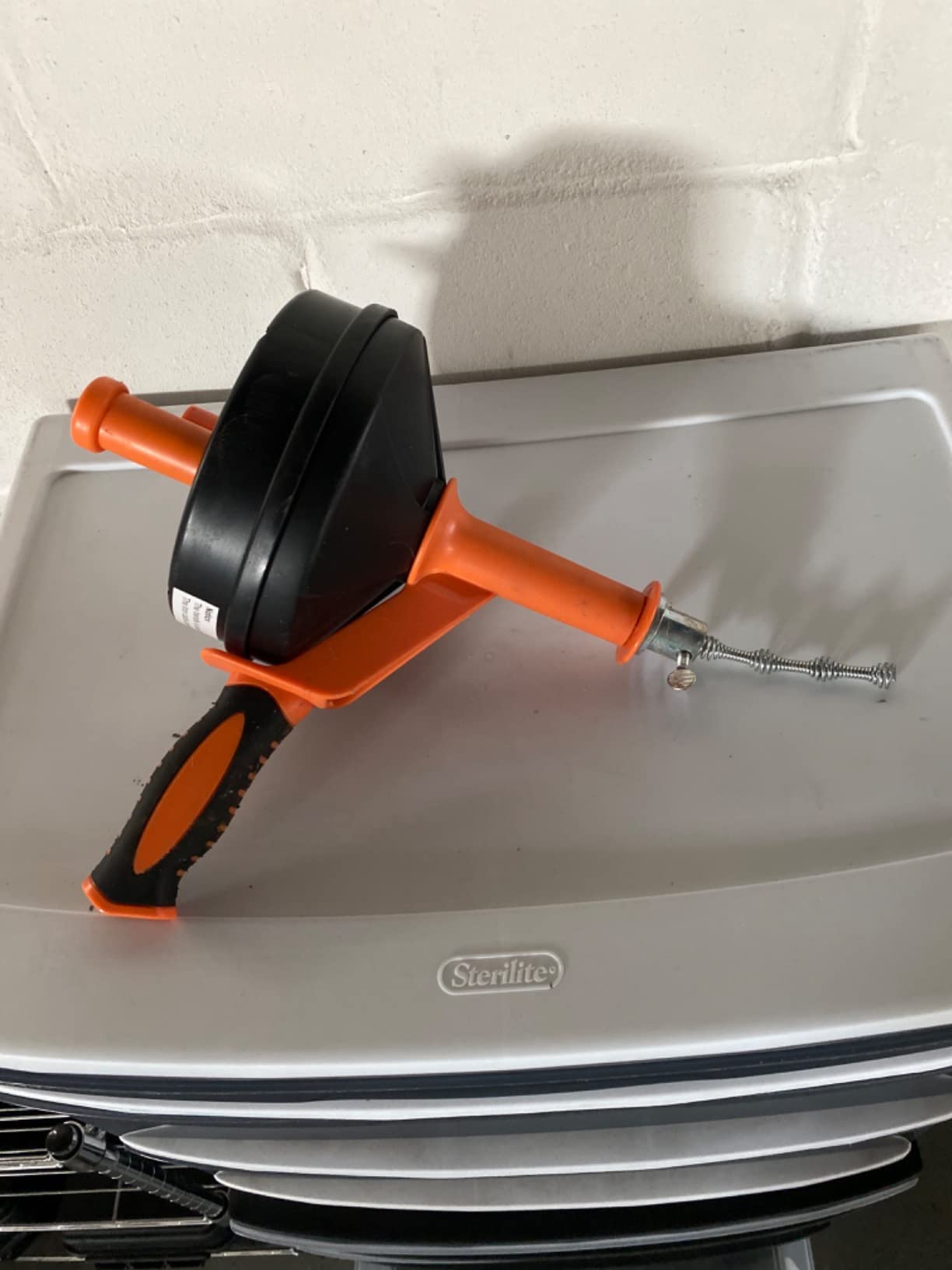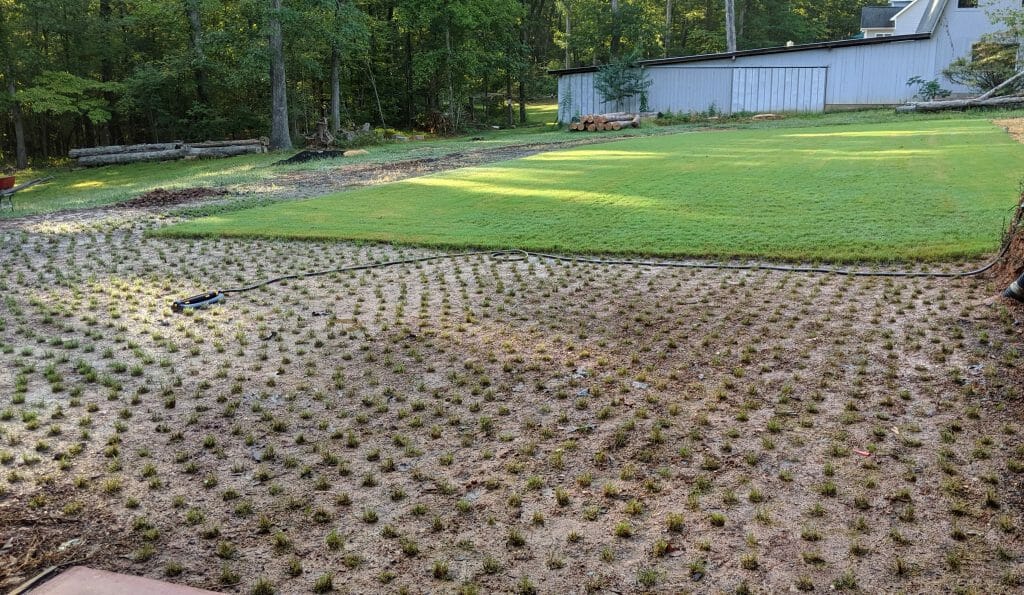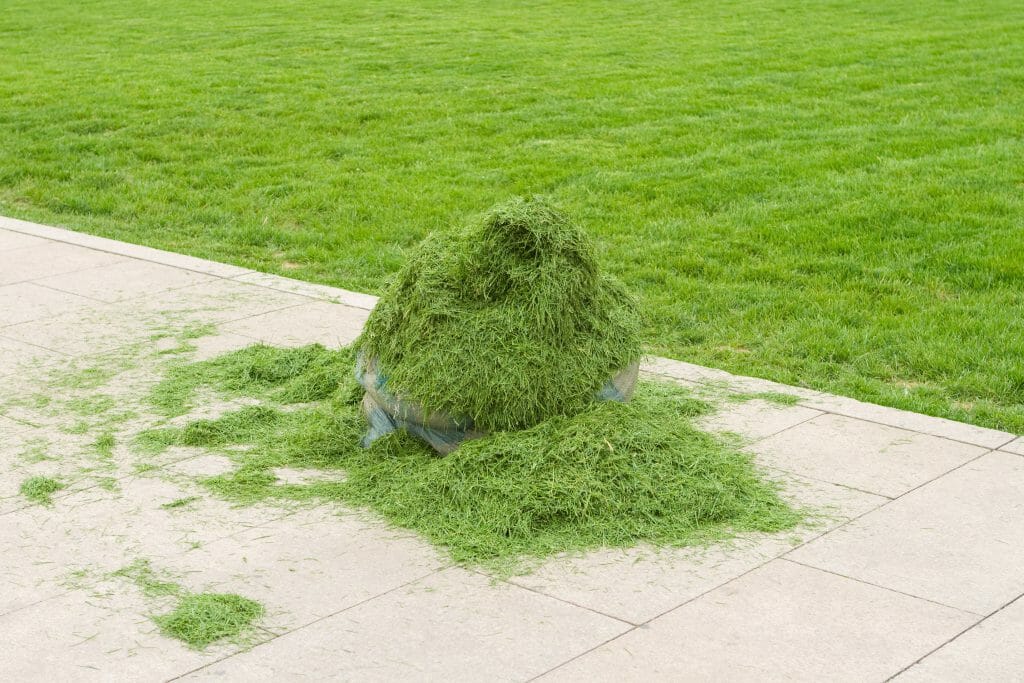After working hard in the garden all day, it can be tempting to avoid sweeping up the excess soil and hose it away down the drain.
However, before you do this, you should pause for one second and ask yourself: can soil go down the drain?
Soil should not be flushed down the drain inside or outside, as this can lead to blockages.
Drains are designed for water waste with as few solids as possible, so soil is one of the last things you want going down there.
This article is going to explain whether soil can go down the drain and give you some tips for how to unblock the drain when the worst comes to worst.
Can Soil Go Down the Drain?
As with most solids, soil should never be flushed down the drain as this can cause clogging.
It may seem logical that clay soils will dissolve in your pipes, but this is not actually the case. Soils are solids, so a build-up will cause a blockage really quickly.
The issue with soil is that it is made up of pieces of organic matter of different sizes and shapes, which can cause it to block very easily. Soils like clay are more likely to stick in the drain pipes, while sand can cause a build-up from the bottom up.
Over time, as more water goes down the drain, it will get completely blocked and cause the drain to overflow on the surface. The soil will break down to a certain extent over time, but there will likely be larger pieces of debris that won’t. This will eventually cause a build-up that is very tough to shift.
How to Unclog the Soil From Your Drain?
So, if you are in the position where you have let your soil go down the drain, you will need to unblock it. Luckily, there are a few ways you can do this.
Here are three ways to unclog soil from a drain:
Blow Bags
This clever inflatable apparatus can be attached to your regular garden hose.
All you need to do is attach the bag and thread the hose into your drain. Turn on the water, and the bag will expand until it explodes. This will cause pressurized water to shoot down the pipe and dislodge the soil.
Drain Snakes
Usually used by plumbers, drain snakes can be rented for a relatively affordable price. They come in manual, electric, or handheld drill versions.
The drain snake is fed down the drain until it reaches the clog, then it’s pulled back in so you can wipe off any built-up debris. Repeat this until the blockage is cleared.
Sulfuric or Hydrochloric Acid
Acids can be risky to work with, but they can be very effective at clearing drain blockages caused by soil.
The acids need to be poured directly into the drain and left to disintegrate the soil matter. Please be careful and use gloves when handling these chemicals.
It is important to note that sulfuric acid is unsafe for galvanized steel, stainless steel, chrome, or aluminum pipes as it can cause significant damage.
If worst comes to worst, you may have to call a plumber to unblock the drain for you.
Frequently Asked Questions:
Can Drano break down dirt?
Drano is a common drain cleaner to use inside the house, but what about outside drains that are blocked with soil?
We recommend using Drano for these situations, as it will break up much of the organic matter.
Why does my kitchen sink smell like soil?
It may be confusing to smell an earthy scent coming out of your kitchen sink if you haven’t flushed any soil down there.
This is likely from a build-up of food waste in your pipes, and you need to unblock them. Soil is made up of broken-down organic matter, which is why they smell similar.
Conclusion
Cleaning up after gardening may be a pain but flushing the excess soil down the drain is not the answer.
We do not recommend flushing soil down the drain as this will cause blockages that are hard to shift.
We hope this has helped keep your drains clear and soil-free and taught you some clogged drain tips.




